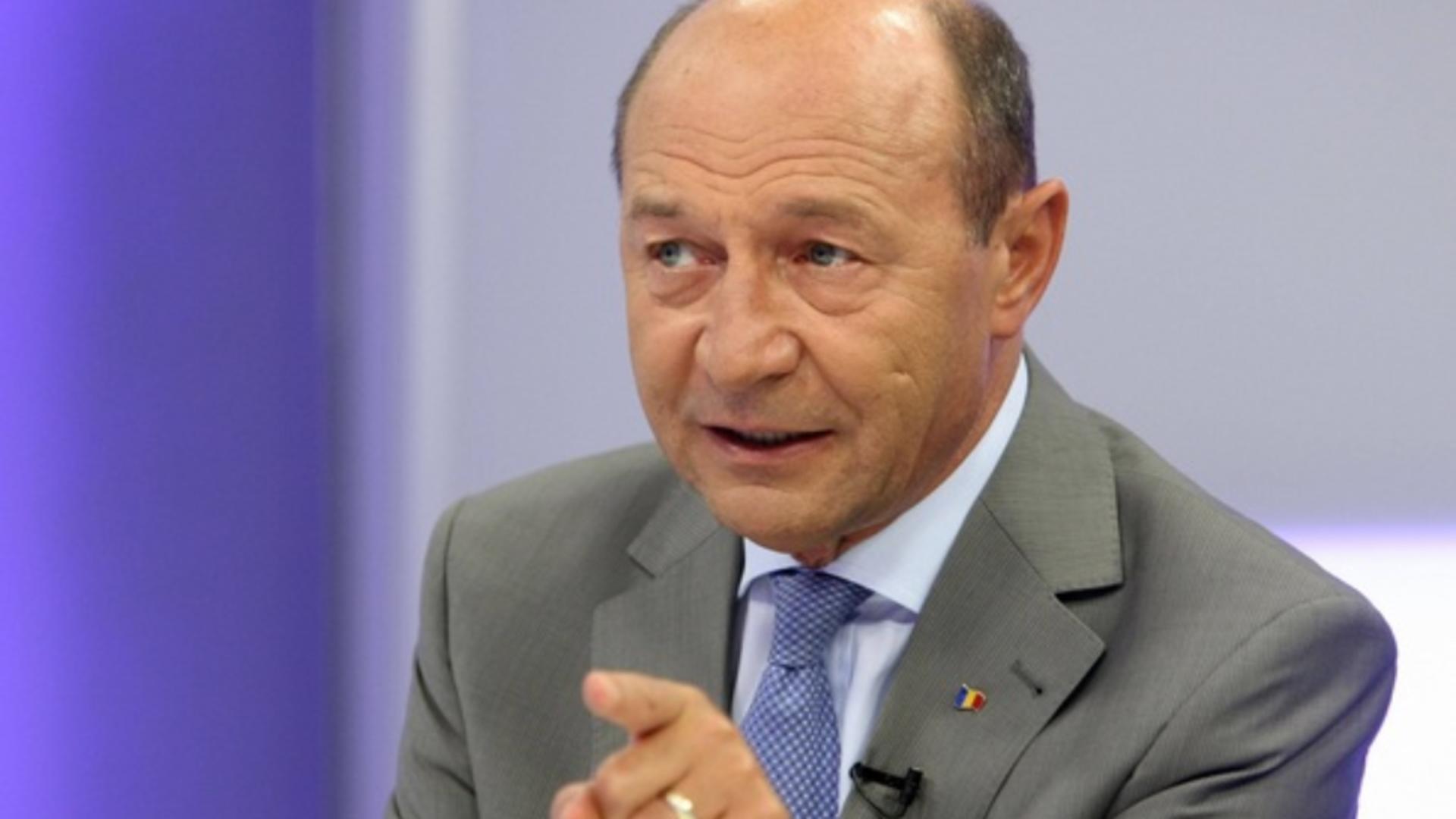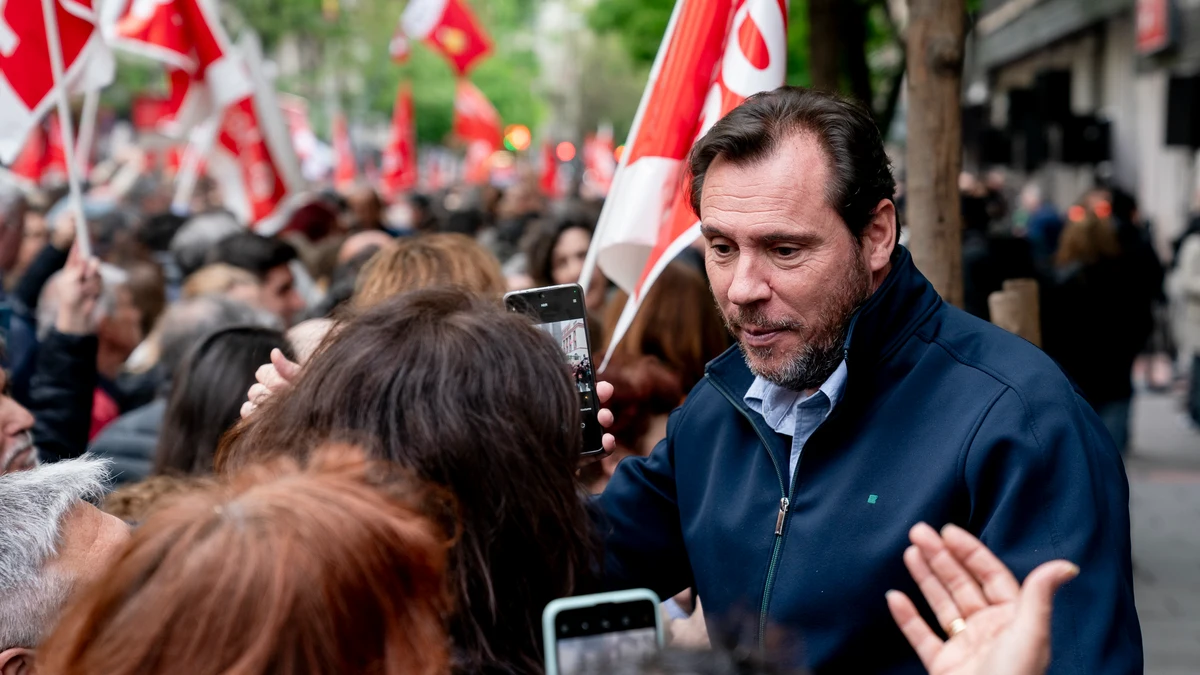Lew Kreinberg was a longtime Chicago activist and author who helped found the Jewish Council on Urban Affairs and the Center for Neighborhood Technology.
An outspoken champion of Chicago’s neighborhoods, Kreinberg took public stands against Chicago’s bid for the 1992 World’s Fair, the never-built Lake Calumet airport and Commonwealth Edison.
“Lew cared about justice, and he didn’t have a lot of patience with people who thought there was only one way to go after it,” said retired Center for Neighborhood Technology president and co-founder Scott Bernstein. “He appreciated innovation or invention as long as it could be practically carried out.”
Kreinberg, 87, died of natural causes Jan. 19 at a nursing home in Harahan, Louisiana, which is a suburb of New Orleans, said his stepdaughter, Penny N. Tyler. He had been a New Orleans resident since 2005 and earlier had lived in Logan Square for many years.
Born and raised in Highland Park, Kreinberg earned a bachelor’s degree in history and accounting from the University of Wisconsin at Madison.
Kreinberg became interested in the Civil Rights Movement on the West Side in the 1960s and in 1964 co-founded the Jewish Council on Urban Affairs with Rabbi Robert Marx. He had been teaching history classes and taking an interest in improving conditions for the urban poor when he learned that slum landlords had been taking advantage of Black residents on the West Side.
“We helped grassroots groups get organized for better stores and streets, better services, better housing,” he told the Tribune’s Dawn Turner Trice in 2001. “But we first had to prove there was a West Side,” he added, alluding to disinvestment and a general lack of interest in the area from government and business leaders.
Kreinberg marched with the Rev. Martin Luther King Jr. in Selma, Alabama, in 1965 and worked with King in Chicago’s Lawndale area the following year. He was a researcher for the JCUA until he was asked to be the group’s executive director, a role he took reluctantly and soon stepped down from so he could return to working as an organizer at JCUA.
“Lew was tough around the edges, with an enormous capacity to work behind the scenes with community leaders to fight against racism, for fair housing and schools,” said former JCUA Executive Director Jane Ramsey. “Lew also was unpretentious, untiring, funny, irreverent, passionate and fearless. He was a caring mentor (and) a great teacher. I learned to see beyond the rough external Lew to the depth of humanity that guided him.”
In 1977, Kreinberg volunteered to help Bernstein form the Center for Neighborhood Technology, and he soon served as a board member and then as the group’s chair.
“He liked what we were talking about, which was the trick to making neighborhoods work is to understand the big systems on which you’re dependent,” Bernstein said. “People don’t have patience with dealing with where your electricity comes from or why should I care about the next $5 billion project, and the answer is, you’re part of that system — decisions are being made on the allocation of resources and what you’re going to have to pay for things and how it’s going to affect the quality of life of a place. The ability to draw a systems map and decide what was going on was our core competency.”
One of Kreinberg’s efforts for the Center for Neighborhood Technology was opposing the proposed World’s Fair.
“Lew was one of the first to see that the proposed fair was primarily a vehicle to subsidize development downtown and in the South Loop, and would do nothing to benefit Chicago overall or its communities,” said former Center for Neighborhood Technology CEO Kathy Tholin. “Lew could dig for information and connect the dots better than almost anyone. His digging and his organizing were central to the successful campaign to stop the fair.”
Lew Kreinberg in an undated photo. (Marc Harris)
While at JCUA, Kreinberg co-authored and published a book in 1981, “Street Signs Chicago: Neighborhoods and Other Illusions of Big City Life,” which Tribune reporter Ron Grossman called “a provocative critique of the very concept of neighborhood.”Kreinberg left JCUA in 1985 to join the administration of Mayor Harold Washington. He then joined the Center for Neighborhood Technology as its director of special projects. He later returned to JCUA.
“Lew had a deep commitment to social justice (and) stood alongside so many communities in the face of external threats or problems, but he never presumed to know what was best,” said Helen Hayes, who worked alongside Kreinberg in 1996. “He was incredibly skilled at listening respectfully and amplifying other people’s voices.”
Kreinberg left JCUA for the second time in 1999. He moved in 2001 to Waveland, Mississippi.
After Hurricane Katrina destroyed his home in 2005, Kreinberg settled in New Orleans. Outside of work, Kreinberg enjoyed jazz and began serving on the board of the Jazz Institute in 1987.
Two marriages ended in divorce. Kreinberg’s third wife, Penelope D. Tyler, died in 2021. In addition to his stepdaughter, Kreinberg is survived by a son, Jed; and a sister, Barbara. Another son, Lew, died shortly after his father’s passing.
A memorial service will take place at 3 p.m. May 11 at Friendship Baptist Church, 5200 W. Jackson Blvd., Chicago.
Bob Goldsborough is a freelance reporter.





